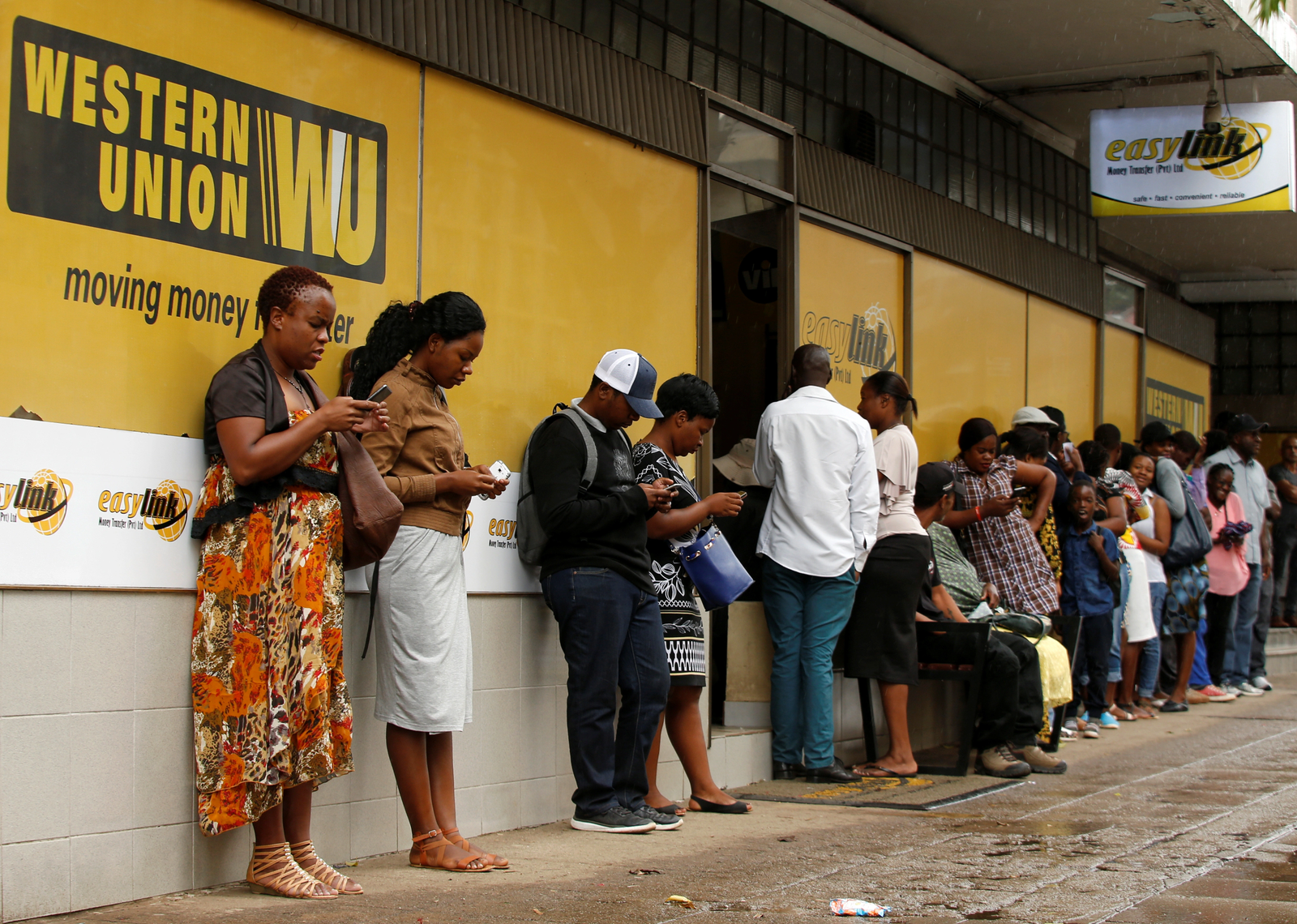A digital (cashless) remittances company, WorldRemit, announced that 82% of Africans working abroad send money from the diaspora to their home countries face the cost of living challenge that has risen since the start of the year.
The firm, in its Cost of Living report, highlighted the impact of inflation on people around the world, noting that almost half (45%) now only send money to immediate family, rather than friends and distant relatives.
The study, conducted in October 2022 to determine the effects of the increased cost of living on money senders in the United States, United Kingdom and Australia, comes as 1 in 9 people worldwide rely on money sent from friends and relatives who have migrated abroad for work.
It resulted in 2,687 responses from people who have sent remittances in the past year. Those who responded that they have not sent money back home in the past year were exited from the survey to create a viable participant base.
Of the respondents who cited having a side hustle (a job in addition to one’s main source of income), 89% reported that they would maintain their side hustle in the next 12 months. In addition, 72% of respondents in the US, 41% in Australia, and 44% in the UK have taken up a side hustle, with households currently re-examining their spending habits in light of inflation.
“The inventive solutions, such as side hustles, that we are seeing as a result of the current economic landscape point to the resilience of migrants and their commitment to financially supporting loved ones overseas,” said Imane Charioui, director of Francophone Africa and Middle East, WorldRemit.
More than a quarter of respondents (26%) said that they are curtailing discretionary spending on entertainment such as dining out, going to the cinema, or theatre.
For example, in the UK, nearly two-thirds (65%) of people noted concerns regarding the cost of utility bills, highlighting the change in spending habits of UK households as a result of the energy crisis. “These findings demonstrate the grit of economic migrants in adapting to wider financial stresses and the rising cost of living while still meeting the needs of their families at home, and abroad.”


